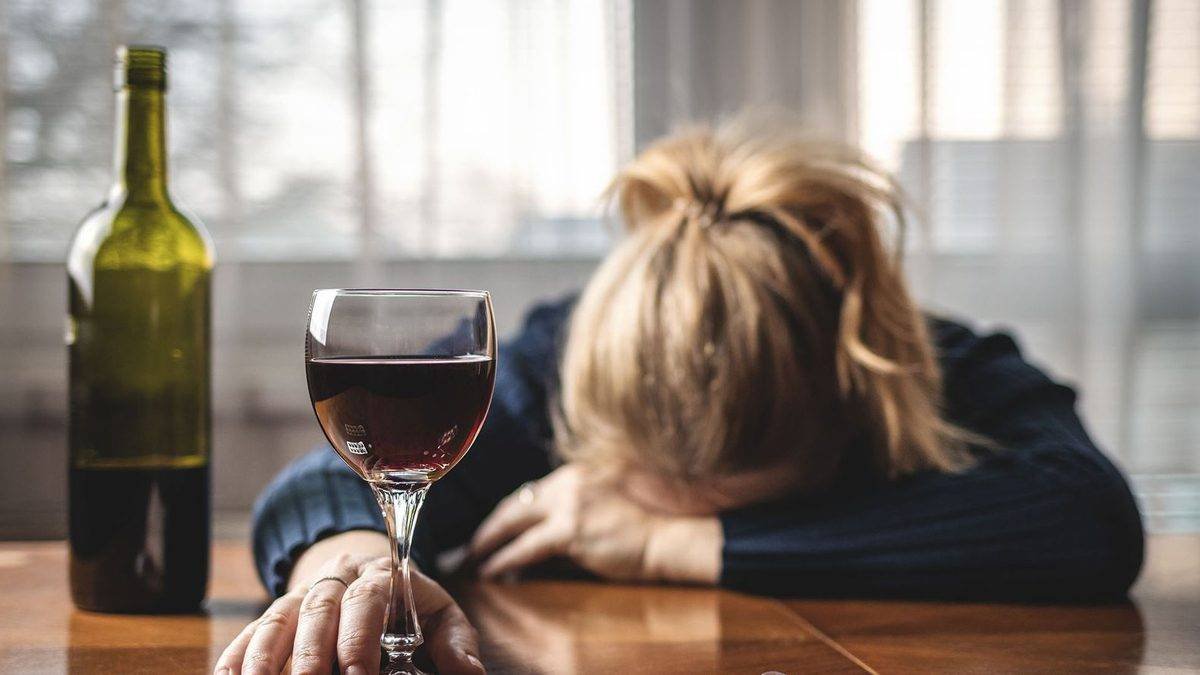How to Discern Which Attractions Lead to Pain & Which Can Lead to Real Love If I could only share one insight with my single readers, it would be this: Learn to distinguish between your “attractions of deprivation” and your “attractions of inspiration.” Then, only follow your attractions of inspiration. I believe that’s the wisest path to[…]
Category Archives: Willing Ways Articles
The Materialistic Search For Happiness is Laden With Paradox Sadly, in our capitalistic culture today, the two aspirations denoted in the above title–to me, sharply contrasting–are frequently confused. They can be (and have been) viewed as virtually identical. And if in fact happiness is conceived in monetary terms, then the more money gained, the more material objects acquired, the[…]
Is There a Difference? What comes to mind when you read the word “addiction?” Does it make you think of repetitive use of alcohol and drugs despite negative consequences? Or do you think of shopping, sexual activity, video games, and gambling at an alarmingly high rate? How about “compulsive hoarding?” Is hoarding an addiction or purely a compulsive[…]
Intelligent People Are More Likely to Do Stupid Things Not only are more intelligent individuals more likely to consume more alcohol more frequently, but they are also more likely to engage in binge drinking and to get drunk. In an earlier post, I show that consistent with the prediction of the Hypothesis, more intelligent individuals consume larger quantities of alcohol[…]
Rich ہr Poor, Adverse Childhood Experiences Predict Future Problems Research on what is called “adverse childhood experiences” (ACEs) is showing that there is a shortlist of five things that happen to children when they are with families that are very likely to cause them mental and physical health problems later in life. In fact, the relationship between these factors[…]
Drug Associated Triggers Are Powerful Re-activators of Addictive Behavior In cognitive-behavioral therapy they’re a big part of the “Five W’s” = When, Where, Why, With, and What. In the various 12-step programs they’re simply referred to as “People, places, and things.” But no matter how you refer to them, drug-associated cues, or “triggers” as they[…]
Creativity Can Thrive Without Alcohol & Drugs My entire life I grew up around creative people. Indeed, my godfather was John Birks “Dizzy” Gillespie and my godmother was the wife of legendary saxophone player Stan Getz. I was so close to both of these men since I was practically born and when they died I[…]
Tv is Not The Root Of All Evil. For Kids, It Might Be A recent joint study(link is external) on the effects of TV viewing on young children by the Universities of Montreal and Michigan found that by fourth grade the children who had watched several hours of television a day at age 29 months experienced a[…]
Are We Addicted to Social Media or to Headlines That Make Good Copy When you see headlines about social media addiction, take a deep breath. Exhale. I know this sounds radical, but don’t go by the news articles. Find the actual study and read it. Don’t just read the results; see how the researchers define what[…]
What’s The Difference Between Being “Sober” Versus Being in “Recovery”? There is an important distinction between being “sober” and being in “recovery”. The differences are clear to those who have experienced both phases in their healing process from alcoholism. When an alcoholic is “sober” from alcohol without attending a mutual-help program, therapy, medication management, and/or treatment then they are in a[…]










